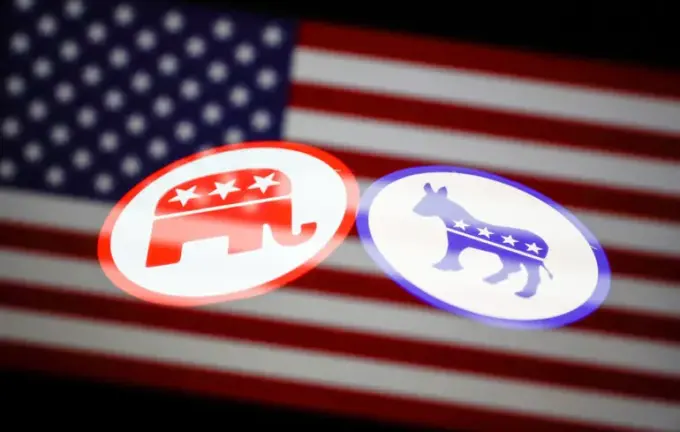US Democrats Block Budget Funding Again: Political Crisis and Implications

The United States is currently embroiled in a prolonged political standoff that has resulted in yet another blockage of an important bill aimed at funding the federal government.
Democrats in the Senate repeatedly thwarted the progression of a temporary budget proposal from Republicans, designed to prevent a government shutdown and keep federal agencies running until the end of November.
This ongoing crisis is raising concerns about the stability of the U.S.
social and economic systems.
The vote ended with a result of 50 to 43 votes — a majority required for approval is 60.
Despite two Democrats voting in favor of the Republican initiative, their support did not significantly influence the final outcome.
Notably, one Republican senator, Randal Paul, voted against the measure, while Senate Republican leader John Thune made a procedural move at the end of the vote to change his vote to “no,” allowing him to revisit this issue later.
Meanwhile, on October 1, the U.S.
government officially shut down partially for the first time in nearly seven years.
Internal party disagreements and the lack of an agreement between the President and lawmakers have fueled this crisis.
As of October 16, the Senate has rejected the House of Representatives’ bill for the ninth time, and by October 20, the National Nuclear Security Administration was forced to send roughly 1,400 federal employees on unpaid leave due to the shutdown of nuclear security operations.
The long-term consequences of this situation pose a significant threat to the nation’s stability, and a detailed analysis can be found in the article “US Shutdown: The Power Struggle and the Future of the Nation.”

